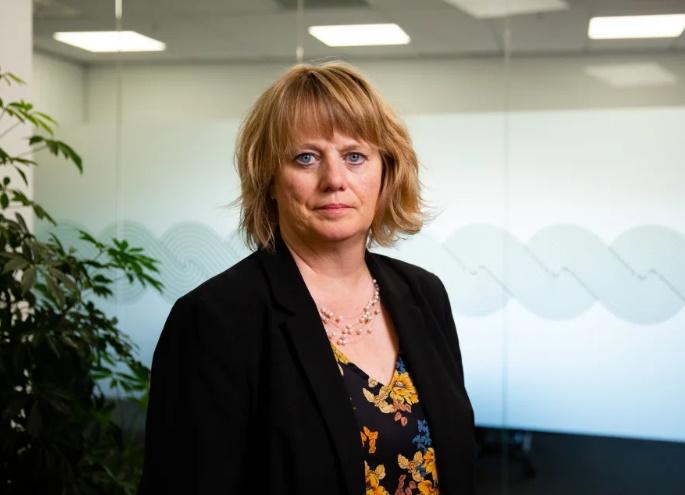It may look like southern councils are providing significant money to chambers of commerce, but the reality is different, they say.
The lion’s share appears to be for delivery of skills’ training programmes or is channelled through such agencies and does not amount to operational funding for them.
However, the New Zealand Taxpayers’ Union has called for clear lines of delineation and accountability, arguing council money could get in the way of chambers fulfilling their core role.
“One of the main jobs for a chamber of commerce is to push back on councils on behalf of local businesses,” a spokesman said.
If hundreds of thousands of dollars were flowing into chamber coffers, “why would they bite the hand that feeds them?”.
Business South and the Queenstown, Wānaka and Southland chambers of commerce disputed such a characterisation of funding and rejected any suggestions they might be put off from lobbying effectively.
For example, the Wānaka Business Chamber said it did not receive funding from the Queenstown Lakes District Council.
“On occasion, the council may purchase tickets to attend chamber events or engage in sponsorship for specific initiatives, but these contributions are minimal,” general manager Glenn Peat said.
“Our chamber operates independently, funded primarily through membership fees, sponsorships and event revenue.
“This independence ensures we can advocate effectively for our members regarding business challenges.”
In Dunedin, the issue was raised by city councillor Lee Vandervis in a social media post late last year.
He highlighted a segment of a 2023 Taxpayers’ Union ratepayers’ report that identified the Dunedin City Council had spent $201,000.51 on “Chamber of Commerce”, $126,642.13 on Local Government New Zealand and $38,800.06 on Taituarā, the national society of local government managers.
All figures included GST and Cr Vandervis doubted the value of such spending.
The union has yet to prepare a 2024 ratepayers’ report, but advised it had a figure of $97,715.75 for Dunedin for the chamber of commerce category.
The council itself produced a different set of figures for the Otago Daily Times about money for Business South, which was formed from a merger of the Otago Chamber of Commerce and Otago Southland Employers’ Association in 2021.
The expenditure summary for Business South for the 2023-24 year had a total of $226,922.92 and $188,073.29 of this was for “Botanic Garden apprentices”.
Apprenticeship remuneration was covered by the council through a payment to Business South, which ran the For Trades programme.
Business South chief executive Mike Collins said the organisation’s contracted role was essentially to look after pastoral care in this case.
City councillor Andrew Whiley said the community received good value out of programmes delivered by organisations such as Business South.
He was also supportive of the council sponsoring the business awards run by Business South every two years.
“We have to celebrate business in Dunedin.”
Southland Business Chamber chief executive Sheree Carey said its records showed a spend by the Invercargill City Council of $40,644 for the 2024 calendar year and $76,956 for the previous year.
“Please note we do not receive funding from any of our councils but payment for services,” she said.
Most was for activities such as staff training services, project management, health and safety, and leadership courses.
“We have good working relationships with all our councils and have open conversations to be able to work through solutions together when it comes to any challenges our members may have with them.”















